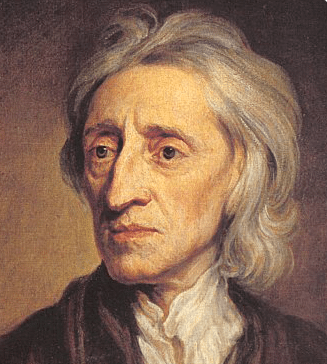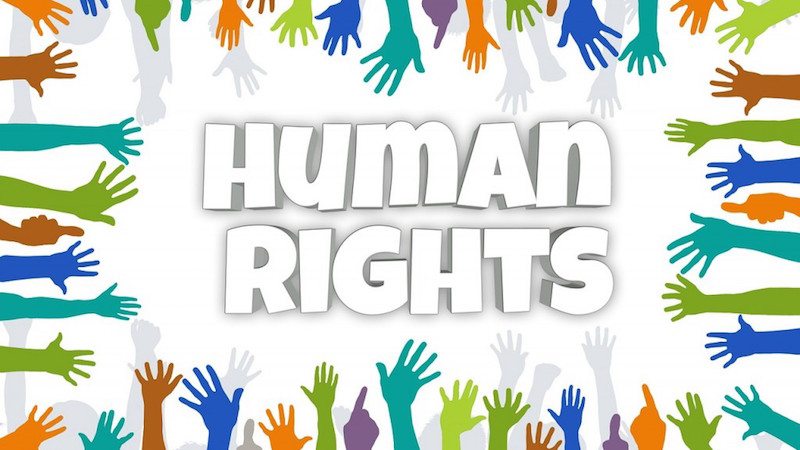Human rights
Episode #4 of the course “Ideas that changed the world”
Human history is full of philosophies about the way that people should treat one another. Almost all ancient societies included some form of a rule of reciprocity—treat people as you would like to be treated. However, many specific legal rights were reserved for (and protected by) governments, only for certain groups of people. Generally, the protected people were those in the upper echelons of government—people who were already wealthy and powerful. People who were less likely to need protection from the law.
Early examples of documents that began to include “human rights” include the Magna Carta in England in 1215 and the English Bill of Rights in 1689. During the 18th century, an Englishman named John Locke argued that a person was born with certain guaranteed rights simply by right of being born human. Locke stated these rights as “life, liberty, and property,” but they became widely known in the version written by the American Thomas Jefferson as “life, liberty, and the pursuit of happiness.”
 John Locke
John Locke
The idea that people deserve rights because they are people caused an ideological shift in the importance of the individual, as well as in the importance of humanity. Colonizers to the New World wrote about the rights of conquered peoples, citizens took up arms in defense of slaves, and nations took an interest in how other nations’ governments treated their people. For the first time in history, humans became concerned on a large scale about their treatment of themselves and began to address abuses, oppression, and corruption.
Today, human rights are debated around the globe, but many are taken for granted. International courts (such as the United Nations) prosecute government leaders charged with human rights violations, and transparency between nations is more expected. The concept of human rights paved the way for sub-groups to assert their own claims on rights, over time expanding into fights for women’s rights, disabled human rights, children’s rights, and even animal and environmental rights.
Quotes
“To deny people their human rights is to challenge their very humanity.” by Nelson Mandela
“Knowledge makes a man unfit to be a slave.” by Frederick Douglass
“The rights of every man are diminished when the rights of one man are threatened.” by John F. Kennedy
“Because to take away a man’s freedom of choice, even his freedom to make the wrong choice, is to manipulate him as though he were a puppet and not a person.” by Madeleine L’Engle
“Free expression is the base of human rights, the root of human nature and the mother of truth. To kill free speech is to insult human rights, to stifle human nature and to suppress truth.” by Liu Xiaobo
Recommended book
“Universal Human Rights in Theory and Practice” by Jack Donnelly
Share with friends

